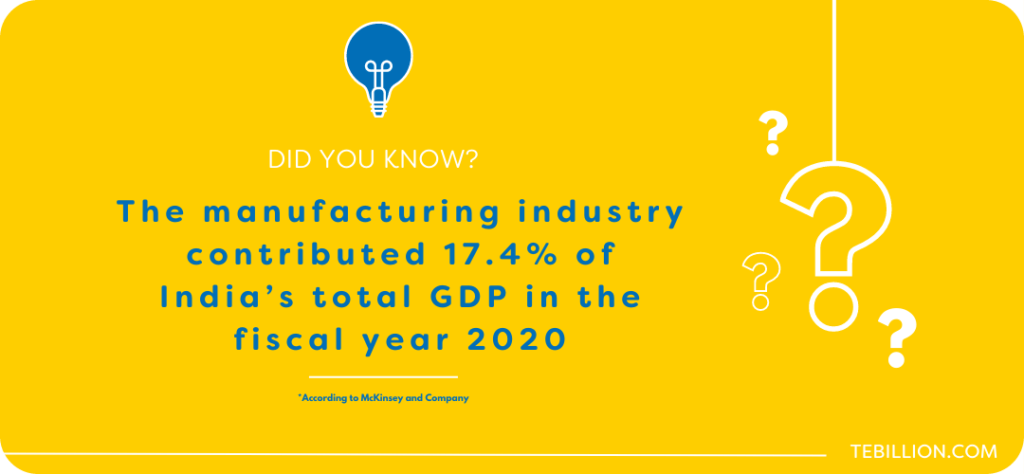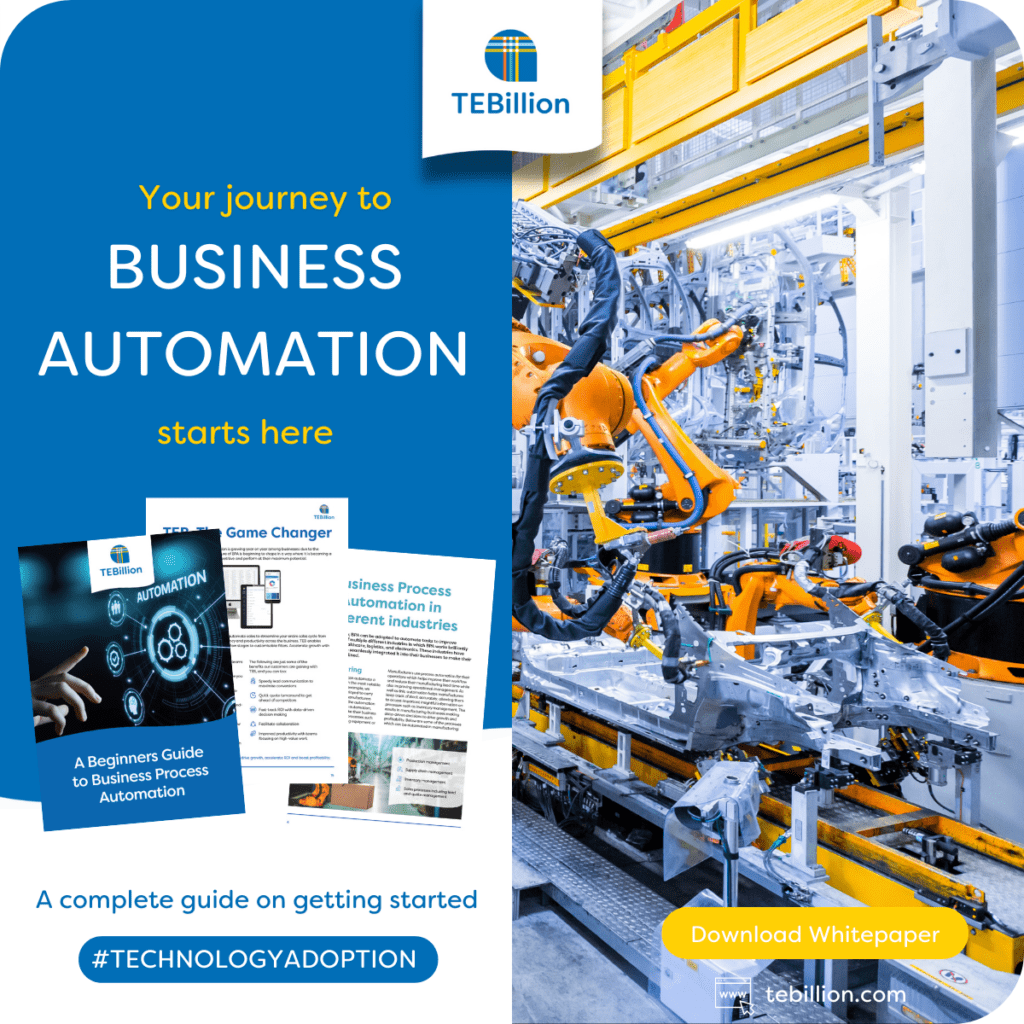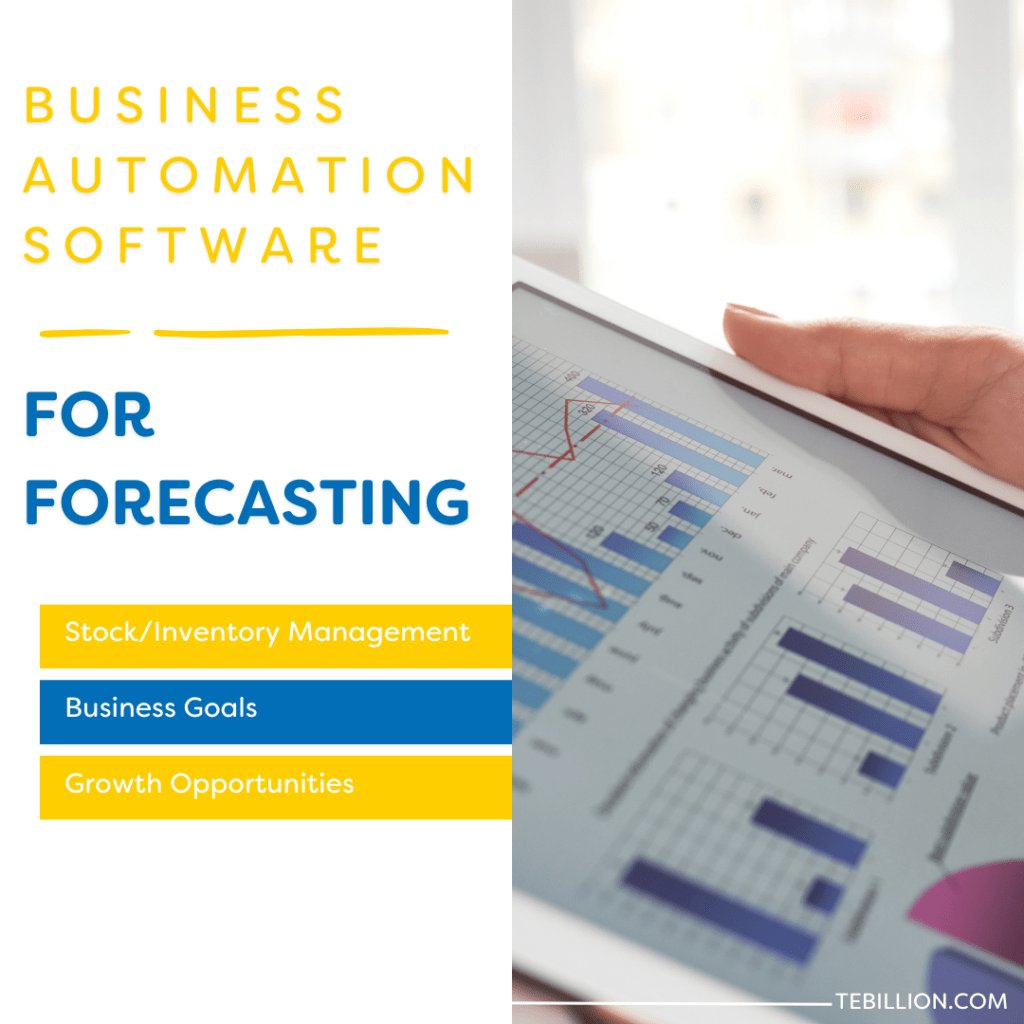
According to McKinsey and Company, the manufacturing industry contributed 17.4% of India’s total GDP in the fiscal year 2020 with the aim of increasing this to 25% by 2025 as highlighted by Times of India. The manufacturing industry in India has the potential to dominate the global market due to India’s rich natural resources and low labour costs. However, to accelerate the growth of manufacturing in the country, there are several challenges manufacturers must overcome. The adoption of technology could significantly improve the daily operations of manufacturing companies by increasing productivity, pushing growth and revenue and ultimately driving profitability.

Here we will explore the current challenges in manufacturing that we have found from market research and by engaging without customers and how business process automation can help.
Momentous, labour-intensive and repetitive processes can significantly reduce levels of productivity. Many technology-driven organisations are thriving from the high levels of productivity that business process automation can offer. According to Cflow Apps, automation in sales boosts productivity by 14.5% whilst reducing marketing costs by 12.2%.
India is the second-fastest digital adopter, amounting to 17 other major digital economies according to the ‘Digital India: Technology to transform a connected nation’ report. Despite this rapid adoption of technology for the general population, businesses still have a long way to go. There may be hesitancy to adopt technology for a number of reasons including budgets, sticking to traditional ways, and staff hesitancy to name a few.
However, business process automation software can significantly accelerate ROI in several ways from reduced labour costs, higher employee retention rate, insights on profitable products and marketing activities and much more.

One of the key challenges manufacturing companies face is the procurement of raw materials within the right time frame. This often causes delays in manufacturing and may even increase costs. With business process automation software, such as TEB, that is built with an intelligent analytics engine you can access forecasting reports. These reports enable you to fully prepare for peaks and downtime in demand, therefore you can plan accordingly, whether that’s procuring the right materials or ordering the right quantity.
Most manufacturing businesses will have countless processes in place from stock, sales, order, shipping and many more. Getting an accurate overview and reflection of the processes systematically may be impossible without good software to centralize your business processes. With good CRM software that is built with automated features, such as TEB, you can easily bring all your manufacturing business operations in one place. Easily get an overview of sales, from the number of leads generated to the revenue made to the number of orders shipped.
We have found from our manufacturing customers that forecasting accurately in order to plan for the future accordingly can be challenging. This can cause issues with too much or not enough stock of raw materials, delays in customers' orders and more. This is where technology can help. There are a number of ways in which business automation software can help when it comes to forecasting:

Adoption of technology with business process automation can provide unmatched benefits and help your company with improved productivity, revenue growth and better overall efficiency. TEB is a business process automation software that is a one-stop solution for your manufacturing business. Packed with automation features you can raise productivity levels, accelerate ROI, easily get an overview of the business activity and accurately forecast with insights based on your data with TEB.
